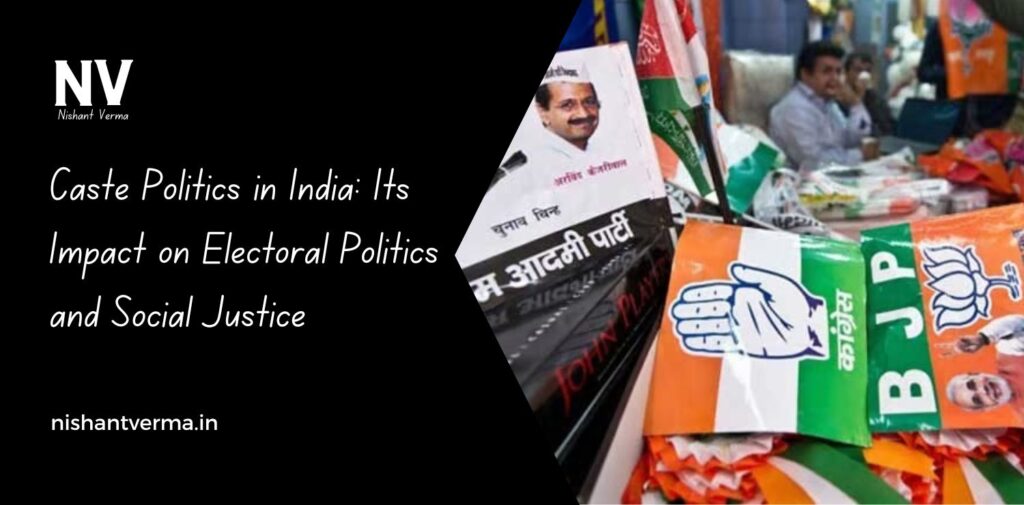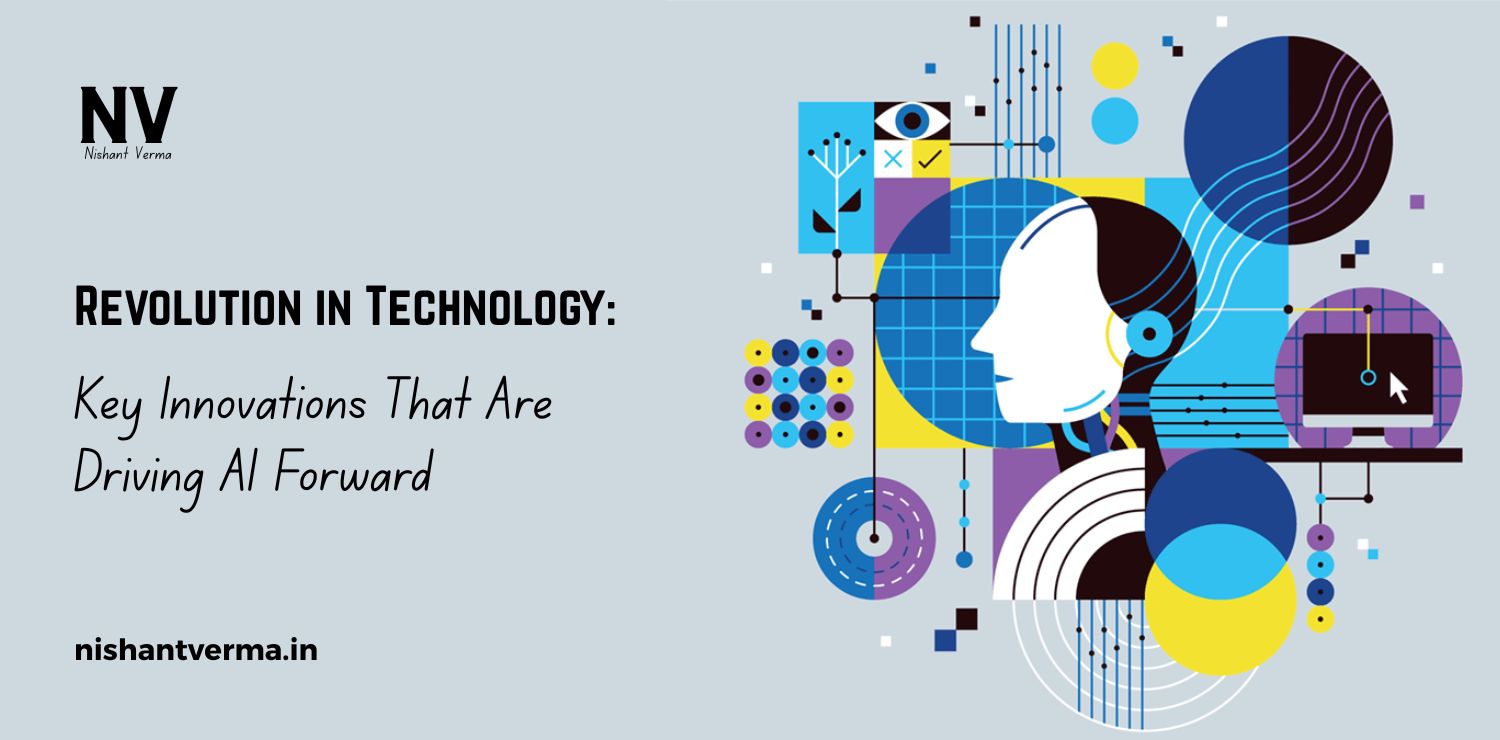India, the world’s largest democracy, has a complex history of social divisions. One of the most important divisions in Indian society is caste. The caste system is an ancient social hierarchy, where people were grouped into different categories based on their birth. While this system is officially abolished in the country, it continues to influence politics, elections, and social justice in India even today.
In this article, we will explore what Caste Politics in India means, how it affects elections, and its impact on social justice. We will try to explain these topics in simple and easy words so that even a young child can understand how caste plays a role in shaping India.
What is Caste?
Before we dive into caste politics, let’s first understand what caste means. The caste system is a traditional social structure in India. It divides people into different groups, called “castes.” These castes were originally based on occupation (like farming, teaching, or being a priest), but over time, they became linked with social status.
There are four main castes in India:
- Brahmins: The highest caste, traditionally priests or scholars.
- Kshatriyas: The warrior and ruler caste.
- Vaishyas: The merchant and business class.
- Shudras: The working class, who were usually farmers, artisans, or laborers.
Apart from these four main castes, there is also a group called the Dalits (formerly called “untouchables”), who were historically treated as the lowest and were often denied basic rights.
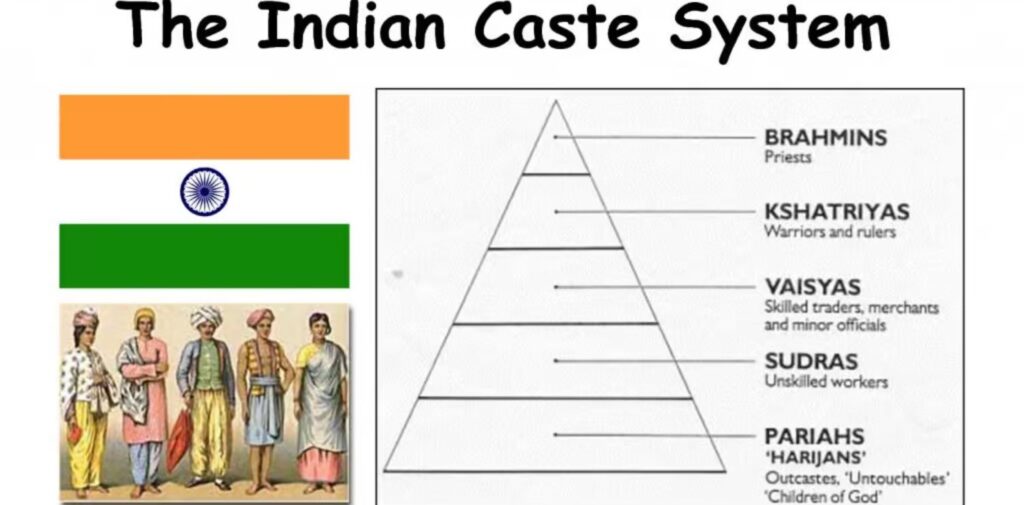
Caste Politics: What Does It Mean?
Caste politics refers to how political parties and leaders use caste identities to gain support from specific groups of people. It means that political parties may give special importance to people from certain castes to win elections. This practice has been a significant part of Indian politics for decades.
In India, there are many different castes, each with its own needs and interests. Political parties often try to gather support from specific castes by promising them certain benefits, such as reservations in jobs and education, special welfare schemes, or political representation.
How Caste Politics Affects Elections
Caste politics has a huge influence on elections in India. During election campaigns, politicians often target voters from particular castes, offering them specific promises. This is because the support of certain caste groups can be crucial in winning elections, especially in states with a large population from one or more castes.
For example, if a politician knows that a particular caste group makes up a large part of the voters in an area, they might promise that group special treatment, such as job reservations or funding for their communities. This helps build a loyal voter base among that caste.
Politicians also often choose candidates from different castes to appeal to a broader audience. This can help them win elections by appealing to people across various caste groups, creating a feeling of unity among diverse communities.
However, this practice also has its downsides. It can encourage caste-based divisions and make people more focused on their caste rather than national issues like development, education, and healthcare. This can weaken the sense of national unity and create more divisions in society.
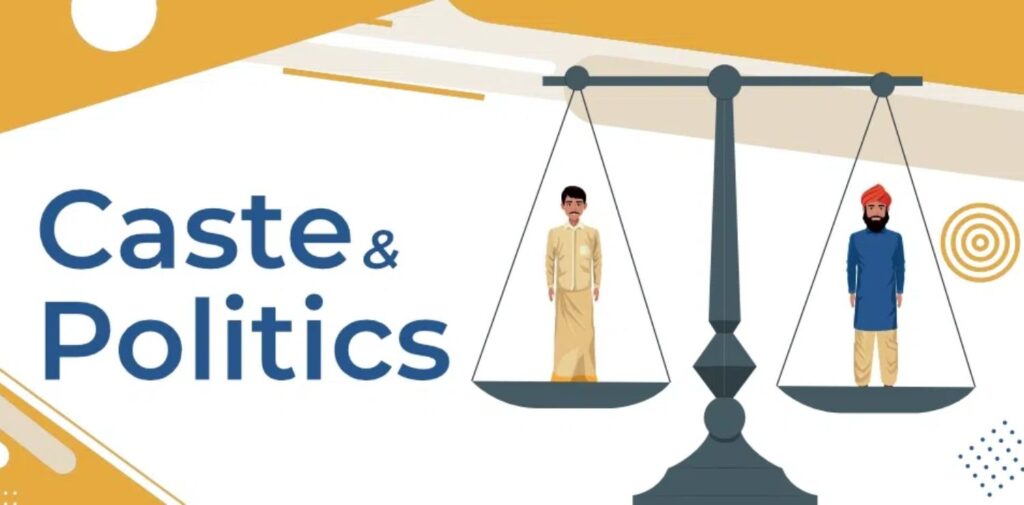
The Role of Caste in Reservation Policies
In India, one of the most important aspects of caste politics is the reservation system. This system was introduced to provide special opportunities to people from lower castes, especially the Dalits and Scheduled Tribes (STs) so that they can have better access to education, jobs, and political representation.
For example, a certain percentage of seats in government jobs and educational institutions are reserved for people from these castes. The reservation system aims to help those who have historically been oppressed and denied equal opportunities.
While reservations have helped many people from marginalized communities, they have also sparked debates. Some people believe that the reservation system is necessary for achieving social justice and equality. However, others argue that it may lead to reverse discrimination, where people from higher castes feel they are being unfairly treated.
The Impact of Caste Politics on Social Justice
Social justice refers to creating a society where everyone, regardless of their background, has equal opportunities to succeed and live a good life. Caste politics can both support and challenge the idea of social justice.
Positive Impact:
- Empowering Marginalized Communities: The reservation system and other welfare programs aimed at lower castes have helped improve their access to education, jobs, and political participation. This gives them a chance to move ahead in life and break free from the shackles of caste-based discrimination.
- Increased Representation: Many people from lower castes have been able to represent their communities in politics. This allows them to raise issues important to their groups, ensuring that their voices are heard in the government.
Negative Impact:
- Caste-based Divisions: One of the biggest problems with caste politics is that it can create divisions in society. When people identify more with their caste than with the nation, it can lead to tension, conflict, and even violence between different caste groups. This undermines social unity and peace.
- Hindrance to Merit-based Opportunities: Some critics argue that reservation policies, while beneficial to some, can lead to a situation where merit is ignored. This means that sometimes the best-qualified candidates may not get the opportunity if they belong to a higher caste.
- Exploitation by Politicians: In some cases, politicians use caste issues for their own gain. They might promise benefits to certain castes just to win votes, without actually working towards solving the real problems faced by the people.
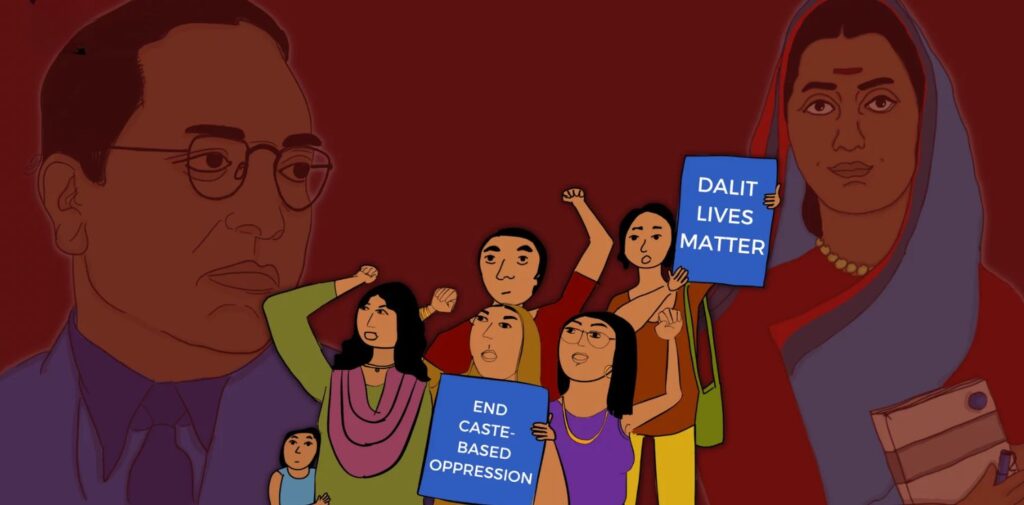
Moving Towards a Caste-Free Society
Even though caste politics plays a big role in India today, efforts are being made to move towards a more just and equal society. Several initiatives aim to reduce caste-based discrimination and promote equality. Education, awareness, and social reforms are key to breaking down the barriers created by caste.
Moreover, political leaders and citizens are beginning to focus more on issues that affect everyone, such as poverty, unemployment, healthcare, and the environment. When people come together to work on common issues, caste becomes less important.
Conclusion: Caste Politics in India
Caste politics in India is a complex and sensitive issue that impacts both electoral politics and social justice. While caste-based policies like reservations have helped improve opportunities for marginalized communities, caste politics also has its challenges. It can lead to division, exploitation, and a focus on narrow interests rather than the common good.
To build a more inclusive society, it is important to focus on equality and justice for all, irrespective of caste. By promoting education, unity, and respect for each other, India can move towards a society where everyone is treated with dignity and has equal opportunities to succeed, regardless of their caste background.

